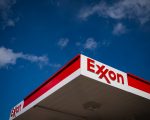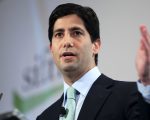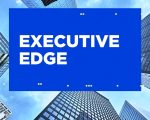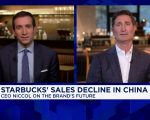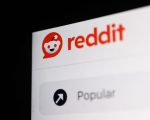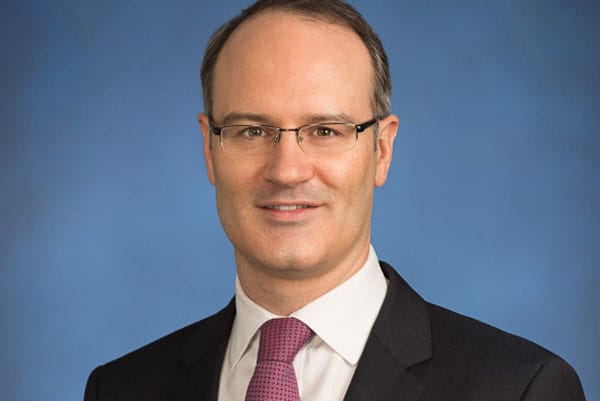
The world of finance seemed far away to Alexis Deladerriere growing up in southwest France. Now the manager of the Goldman Sachs’ International Equity Income Fund (GSTKX) , as a young man Deladerriere was surrounded by farmers and government employees, not investors. His grandmother, and the world presented in the business sections of newspapers, helped cultivate his interest in finance. When Deladerriere was 18, his grandmother gave him a couple thousand dollars to make his first investments. That also encouraged him to protect against downside risk. Deladerriere sought out companies with good business fundamentals, saying many of the firms he invested in back then have survived and are “actually thriving.” One was French energy technology provider Schneider Electric, still a holding in his Goldman fund. “I had this very long-term investment mindset from the very beginning,” Deladerriere said. “I think the fact that it was not my money, it was my grandma’s money, and frankly, I wouldn’t have wanted to lose it.” With his passion for markets and the economy, Deladerriere eventually graduated in 2003 from Ecole Superieure de Commerce de Paris (ESCP), known as one of the most prestigious business schools in Europe. He landed a research internship at Goldman Sachs Asset Management, and is now a partner and head of international developed markets equity. “I have to thank my grandma for that — she just turned 103 a couple of days ago — and she’s the one who really pushed me into it,” Deladerriere said in late June. “She always had this very entrepreneurial mindset and wanted to push her children and grandchildren to do what they love.” Good times and bad In 2012, Deladerriere started managing Goldman International Equity Income, a $1.1 billion fund with a five-star rating from Morningstar. It has no minimum investment requirement and a 0.94% expense ratio. The fund is benchmarked to the MSCI EAFE index, which tracks the performance of mid- and large-cap equities across 21 developed markets in Europe, Australasia and the Far East. The MSCI EAFE is up more than 12% this year, while GSTKX is higher by more than 14%. Year to date, that only places the GSTKX among the top 45% of its peers, or the second quartile in its category, according to Morningstar. However, over the past five years, it’s in the top 4% of funds in its category; over 10 years, it’s in the best 3%. Deladerriere values downside protection in his fund. The investor spent the first 15 years of his career in London before moving to New York about six years ago. His experience working through the European sovereign debt crisis helped him realize that even the “worst case scenarios may not be the worst case scenario.” Given that, he picks businesses regarded as resilient, with strong balance sheets, that can generate cash, and that traders can have confidence in both good times and bad. “Thinking about the bull case is always easy. That’s what everyone can do,” Deladerriere said. “But what is actually more important for investing for the long term is understanding your downside risk, and trying to protect your downside, and to build portfolios that are resilient in more difficult times.” “And that’s where you’re going to make a difference,” he said. Resilient stock picks Deladerriere was more optimistic than other investors heading into 2023, but said his economic outlook has since dimmed somewhat for the rest of the year, blaming what called a more “conservative” tone in conversations with corporate management teams. “We are more cautious going forward because we are beginning to see signs that the economy is continuing to slow down,” he said. That has driven Deladerriere to seek out stocks in sectors that hold up better in downturn — such as health care and consumer staples. Other opportunities are in publicly-traded stocks that don’t necessarily exist in size in the U.S. – such as infrastructure. While infrastructure is typically owned by state or local authorities in the U.S., that’s not necessarily the case elsewhere in the world, where toll roads, bridges and railways are typically outsourced to public companies, Deladerriere said. He called those companies are “very attractive.” Among his top 10 holdings is French company Vinci, which operates highways and airports around the world. As of March, he had a 3.26% allocation to the company which, according to Morningstar, had been raised to 3.30% as of June. The stock is up 15% this year. A similar holding is Australia’s Transurban, one of the world’s largest toll road operators. Deladerriere also favors stocks with high dividend yields, about 100 basis points more than what’s in the benchmark, saying this has been “the sweet spot of resiliency, defensiveness, but also continued appreciation of dividends over time.” The European energy transition is another investment theme for Deladerriere. The investor, who also leads Goldman’s environmental, social and governance (ESG) effort for the fundamental equity business, picked Spanish electric utility Iberdrola, one of the largest renewable hydro, solar and wind energy companies in Europe. His old favorite Schneider Electric, which helps make buildings more energy efficient, is another play on the same theme. The fund also has a heavy allocation to financials. Stock picks include Swiss insurance company Zurich Insurance Group, as well as securities and exchange operator Singapore Exchange. “Now is the time to have a higher quality focus, more defensive portfolio to see through volatility over the next few quarters, but also give you some upside potential,” Deladerriere said. “We feel comfortable with the way we are positioned.”

